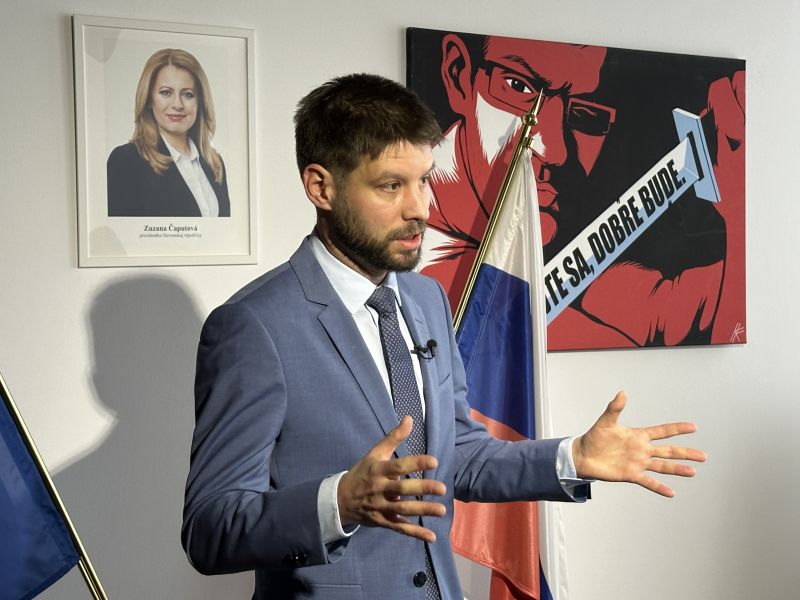
The Rise of Deepfakes in Indonesian Politics

Exploring the impact of deepfake technology on Indonesian politics and the upcoming elections, as AI-generated videos and audios of prominent figures resurface to sway voters.
The Deceptive Power of Deepfakes
In a stunning turn of events, the political landscape of Indonesia has been shaken by the emergence of deepfake technology in the lead-up to the upcoming elections. A once-feared army general, long gone but not forgotten, has been resurrected through artificial intelligence to deliver a message to voters from beyond the grave.
Michal Simecka, a progressive politician in Slovakia, was target of a deepfake audio in a tight election race last year he ended up losing.
The deepfake video of the late general, Suharto, has sparked controversy and raised concerns about the manipulation of public opinion. With over 4.7 million views and a widespread presence on social media platforms like TikTok and Facebook, the video serves as a stark reminder of the potential dangers posed by AI-generated content in the realm of politics.
Supporters of presidential candidate Ganjar Pranowo at a rally in Jakarta on February 3, 2024.
As the lines between reality and fabrication blur, questions of ethicality and authenticity come to the forefront. The use of deepfakes to sway voters and influence election outcomes has ignited a debate on the limits of technological manipulation in the democratic process.
The Political Weaponization of Deepfake Technology
The deepfake phenomenon has not been limited to a single instance but has permeated multiple facets of Indonesian politics. Political parties and candidates have leveraged AI-generated content to bolster their campaigns and appeal to voters in innovative yet controversial ways.
Presidential frontrunner Prabowo Subianto greets the crowds at a rally at the Baharuddin Siregar stadium in Lubuk Pakam, North Sumatra on February 7, 2024.
From animated makeovers of prominent figures to interactive chatbots engaging with the electorate, the use of deepfakes has become a strategic tool in the arsenal of political maneuvering. The infiltration of AI into the electoral landscape has raised alarms among observers and watchdog groups, pointing to the potential for widespread voter manipulation and misinformation campaigns.
The case of deepfake technology in Indonesian politics serves as a cautionary tale of the evolving battleground where digital deception meets democratic decision-making. As the boundaries of political communication continue to be pushed by technological advancements, the need for vigilance and accountability in safeguarding the integrity of elections becomes paramount.
Navigating the Future of Indonesian Democracy
As Indonesia stands at a crossroads between tradition and innovation, the influence of deepfake technology poses a formidable challenge to the democratic process. With millions of voters poised to cast their ballots in a climate of digital uncertainty, the role of regulation and awareness in combating the spread of disinformation becomes indispensable.
Indonesia President Joko Widodo presents his national statement during day two of COP26 at SECC on November 1, 2021 in Glasgow, United Kingdom.
The government's response to the deepfake dilemma, while issuing advisories and warnings, highlights the ongoing struggle to mitigate the risks associated with AI manipulation. As watchdog groups sound the alarm on the potential repercussions of unchecked deepfake proliferation, the need for comprehensive safeguards and technological literacy among the electorate emerges as a pressing concern.
A souvenir T-shirt bearing Suharto's image with a message in Javanese that reads: "Wasn't it better during my era?"
In the age of deepfakes and digital ghosts, the legacy of past leaders like Suharto resurfaces in unexpected ways, challenging the narratives of history and memory. As Indonesians grapple with the specter of manipulated realities, the call for transparency, accountability, and ethical governance reverberates through the corridors of power and public discourse.











